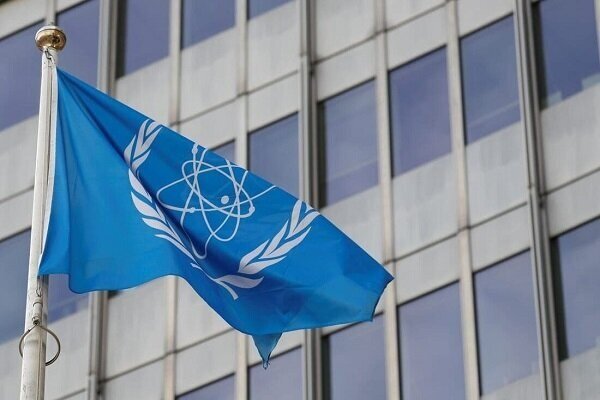The International Atomic Energy Agency chief in an interview broadcast Sunday by CNN urged Iran to resume talks “now” to avoid a crisis that could make it “extremely more difficult” to salvage the 2015 nuclear accord.
His comments came as several rounds of negotiations between Iran and the P4+1 group of countries – Britain, France, Germany, China and Russia – have been held in the Austrian capital since April 2021 to bring Washington back into the deal. The talks, however, exclude American diplomats due to their country’s withdrawal.
Talks have been on hold since March as the US insists on its refusal to undo its past wrongs, including removing Iran's Islamic Revolution Guards Corps (IRGC) from its foreign terrorist organization list.
Iran maintains that IRGC’s designation in 2019 was part of former President Donald Trump's administration’s so-called maximum pressure campaign against Iran, and therefore, it has to be reversed unconditionally.
The Joe Biden administration disagrees, even though it has admitted on countless occasions that Trump’s maximum pressure policy has been a disastrous failure. It has retained the IRGC’s designation and the economic sanctions as leverage in the talks.
Grossi in continuation of his interview with CNN pointed to the turning off of some surveillance cameras by Iran, saying that twenty-seven surveillance cameras "have been removed".
He called it a "very serious move."
"Recent history tells us that it is never a good thing to start saying to international inspectors, go home... things get much more problematic," he added.
Iran disconnected some surveillance cameras at different nuclear sites in response to a Western resolution passed on June 8.
The move by Tehran comes a day after Tehran warned the IAEA board not to side with the sanctioning Western countries to approve the anti-Iran resolution. However, the BoG approved the anti-Iran resolution despite Iran's warnings and extensive cooperation with the agency in recent years.
Iran vowed it will take proportionate measures and will have a firm response to the resolution which comes which was drafted by the Western countries.
Grossi went on to say that he was telling his Iranian counterparts, "We have to sit down now, we have to redress the situation, we have to continue working together."
"The only way for Iran to get the confidence, the trust they so badly need in order to move their economy forward... is to allow the inspectors of the IAEA to be present," Grossi said, claiming that without the surveillance cameras, his agency will soon be unable to declare whether the Iranian nuclear program is "peaceful".
Addressing the BoG meeting last Monday, IAEA Director-General Rafael Grossi claimed that Iran has not provided credible explanations for the presence of nuclear material discovered at the country's three unannounced sites.
This is not the first time that Grossi has made allegations against Iran, despite the country's full cooperation and IAEA's comprehensive inspections of Iran's peaceful nuclear program. Iran has always cooperated constructively with the IAEA over the past years and a significant part of IAEA’s inspections in Iran confirms that the country currently has the most transparent nuclear program among IAEA member states.
The IAEA Board of Governors on Wednesday adopted a resolution accusing Iran of not cooperating with the UN nuclear watchdog. The anti-Iran resolution was proposed by the Western powers.
Tehran had warned that if the anti-Iran resolution is approved by the IAEA board, it would revise its cooperation with the agency. Iran said that the Western powers have turned the IAEA into a political entity rather than a technical one.
Iran has also insisted that the IAEA chief Rafael Grossi should be held to account for the consequences of the unprofessional approach the nuclear watchdog has adopted.
ZZ/PR

























Your Comment